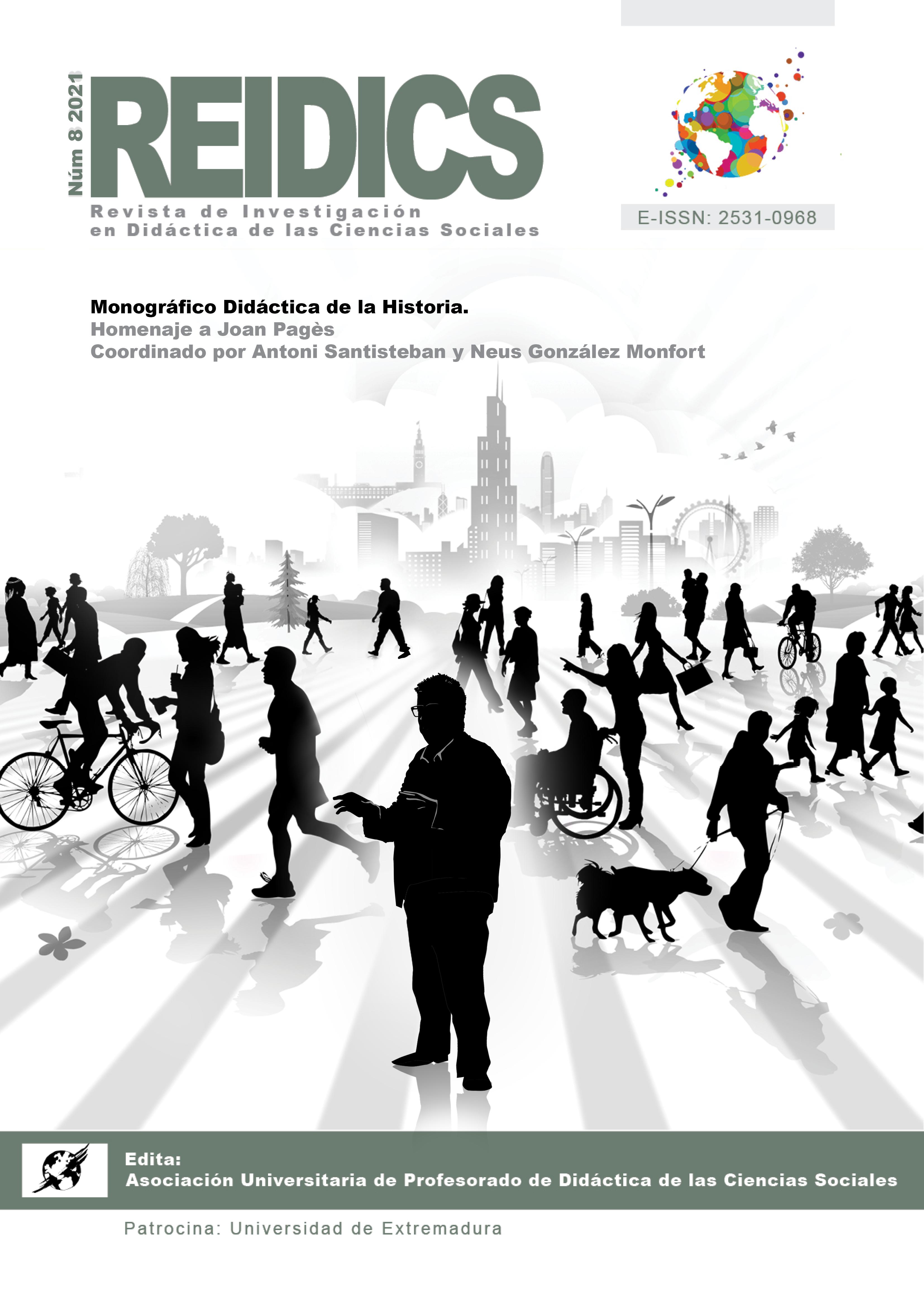Where do crabs walk? Future prospects of a generation plagued by two crises
DOI:
https://doi.org/10.17398/2531-0968.08.106Keywords:
social representations, economic crisis, covid-19 crisis, images of the future, life transitionsAbstract
The current generation of young people has faced two relatively close crises, which condition their life expectations and the possibility of reaching them. The research looks into the evolution of the social representations of a same group of 23 girls and 10 boys on the economic and health crisis and their future prospects in two difficult contexts. In a longitudinal study, the results obtained in 2015 -seven years after the outbreak of the financial crisis, when they were in high school- are compared with their representations this year 2020, during the pandemic, when they are pursuing higher education or working. Information is collected through an online questionnaire about the causes, the people responsible, the consequences, possible solutions and future prospects of the crisis. The results show the continuity of some ideas through both crises, such as low confidence in political leaders, but an important change in self-perception of their capabilities. In 2015, their confidence in fulfilling their vital and work projects was full, showing themselves very optimistic and subtracting any influence of the crisis in completing them. However, five years later, they are adapting their future plans to the economic situation, being realistic, giving greater incidence to the crisis and unemployment in their working lives. They recognize the difficulties of the current context, considering more than half of the group parents did.
Downloads
Published
Issue
Section
License
Aquellos autores/as que tengan publicaciones con esta revista, aceptan los términos siguientes:
- Los autores/as conservarán sus derechos de autoría y garantizarán a la revista el derecho de primera publicación de su obra, el cual estará simultáneamente sujeto a la Licencia de reconocimiento de Creative Commons 4.0 BY-NC-SA que permite a terceros compartir la obra siempre que se indique su autor y su primera publicación en esta revista.
- Los autores/as podrán adoptar otros acuerdos de licencia no exclusiva de distribución de la versión de la obra publicada (p. ej.: depositarla en un archivo telemático institucional o publicarla en un volumen monográfico) siempre que se indique la publicación inicial en esta revista.
- Se permite y recomienda a los autores/as difundir su obra a través de Internet (p. ej.: en archivos telemáticos institucionales o en su página web) antes y durante el proceso de envío, lo cual puede producir intercambios interesantes y aumentar las citas de la obra publicada. (Véase El efecto del acceso abierto).
- Los autores y autoras han respetado la política de autoría de esta revista.







